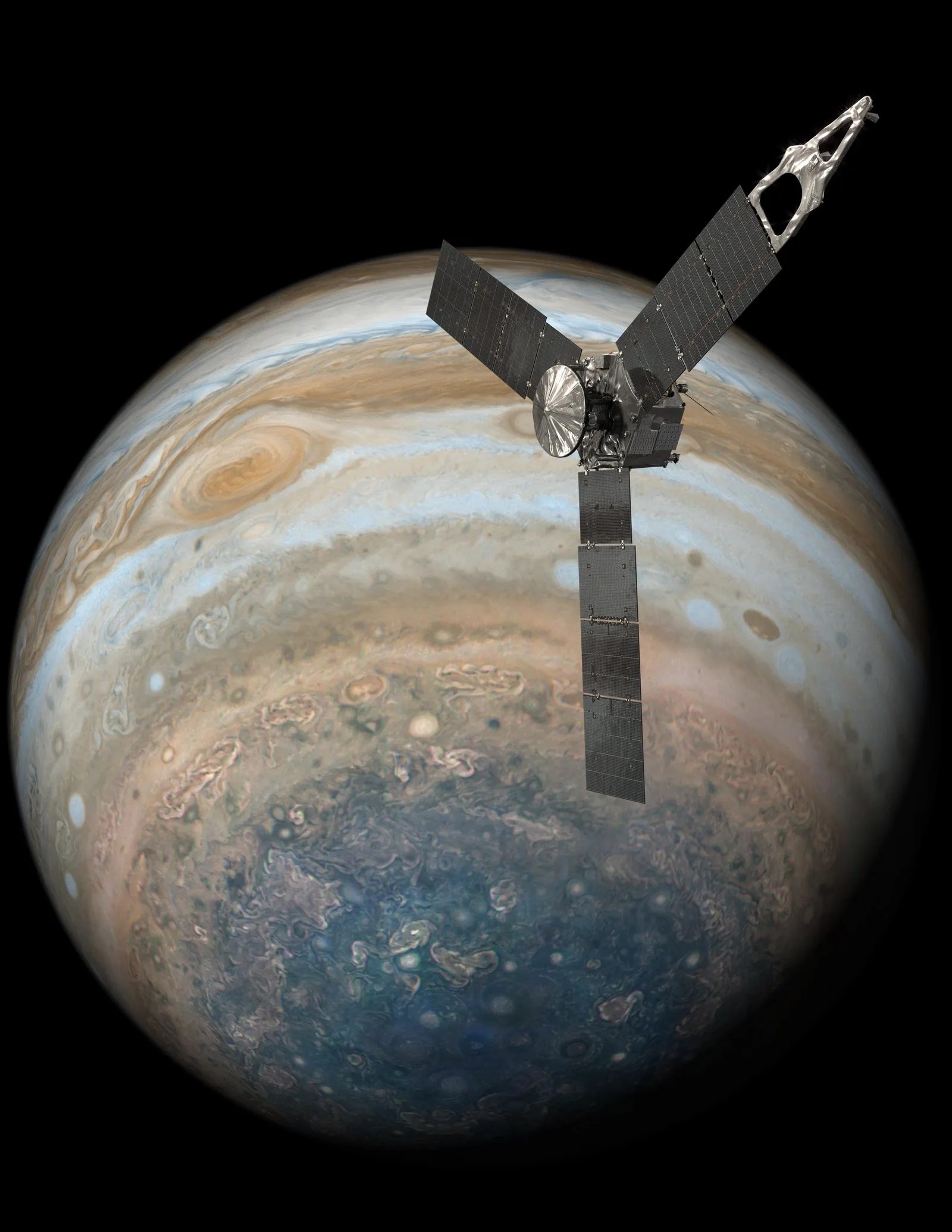2 min read
The New Worlds, New Horizons report of the Astro2010 Decadal Survey observed that key challenges in theoretical astrophysics "are of a scale and complexity that require sustained, multi-institutional collaborations," but that there was "no mechanism to support these coordinated efforts at the needed level in the U.S." To address these issues, the Theoretical and Computational Astrophysics Networks (TCAN) program was established with the following goals:
- To support coordinated efforts in fundamental theory and computational techniques in order to make groundbreaking advances in astrophysics;
- To strengthen theoretical and computational astrophysics in the U.S. by uniting researchers in collaborative networks that cross institutional and geographical divides; and,
- To advance the training of the future workforce of theoretical and computational scientists.
D.12, the TCAN program element of ROSES-17 solicits proposals for new TCAN networks. The period of performance for TCAN investigations will be three years. The TCAN program will support research networks with three or more nodes at distinct institutions. A network is a combination of nodes and connections. A node is a group of researchers at an existing institution, along with the local resources (e.g., computational, educational, communications) that sustain them. A connection is a significant exchange of expertise or capabilities between nodes (e.g., exchange of personnel, web-based training, sharing of access to resources). Multiple connections between nodes, that enable an integrated and focused collaborative effort, constitute a network.
This amendment presents the final text for this Program Element. Notices of Intent to propose are requested by December 7, 2017 and proposals are due January 25, 2018.
Questions concerning this program element may be directed to Keith B. MacGregor at keith.b.macgregor@nasa.gov.






